After pop sensation Taylor Swift was named Time's "Person of the Year," Donald Trump's former policy advisor Stephen Miller weighed in with a conspiratorial hot take.
Miller—best known for his far-right and anti-immigration views—made the erroneous claim that "What's happening with Taylor Swift is not organic" in a post on X, formerly Twitter.
The post appeared to suggest that Swift's fame and presence as both a style and cultural icon has been engineered, perhaps by her handlers, though of course Miller could offer no evidence that this is actually the case.
You can see his post below.
But this is Taylor Swift we're talking about—and people were quick to mock Miller's baseless assertion.
Swift emerged the top pick as Time's Person of the Year from a diverse lineup of finalists including Barbie, the legal team that prosecuted former President Donald Trump, and Britain's newly crowned King Charles III.
Her achievements also earned recognition from People, which named her the 2023 Most Intriguing Person of the Year, and Forbes, ranking her as the top woman in media and entertainment worldwide.
At 33, Swift, a twelve-time Grammy winner, is arguably at the pinnacle of her career. Her global impact soared as she claimed the top spot as Spotify's most-streamed artist this year, dethroning Bad Bunny, who held the title for three consecutive years. Her tracks amassed over 26.1 billion streams since the year began, as per Spotify Wrapped.
The record-breaking Eras Tour commanded headlines, spanning 24 cities and injecting life back into local economies and tourism, significantly affected by the pandemic's aftermath. Swift's re-releases of "Speak Now (Taylor's Version)" and "1989 (Taylor's Version)" unveiled 11 unreleased vault tracks, many igniting viral trends across online platforms.
In a significant financial milestone, Swift's net worth reportedly soared past $1 billion this year. Beyond her tour and re-recordings' earnings, her Eras Tour concert film swiftly ascended to become the highest-grossing concert film in the U.S. and Canada, raking in nearly $250 million worldwide within eight weeks of its 13-week run.

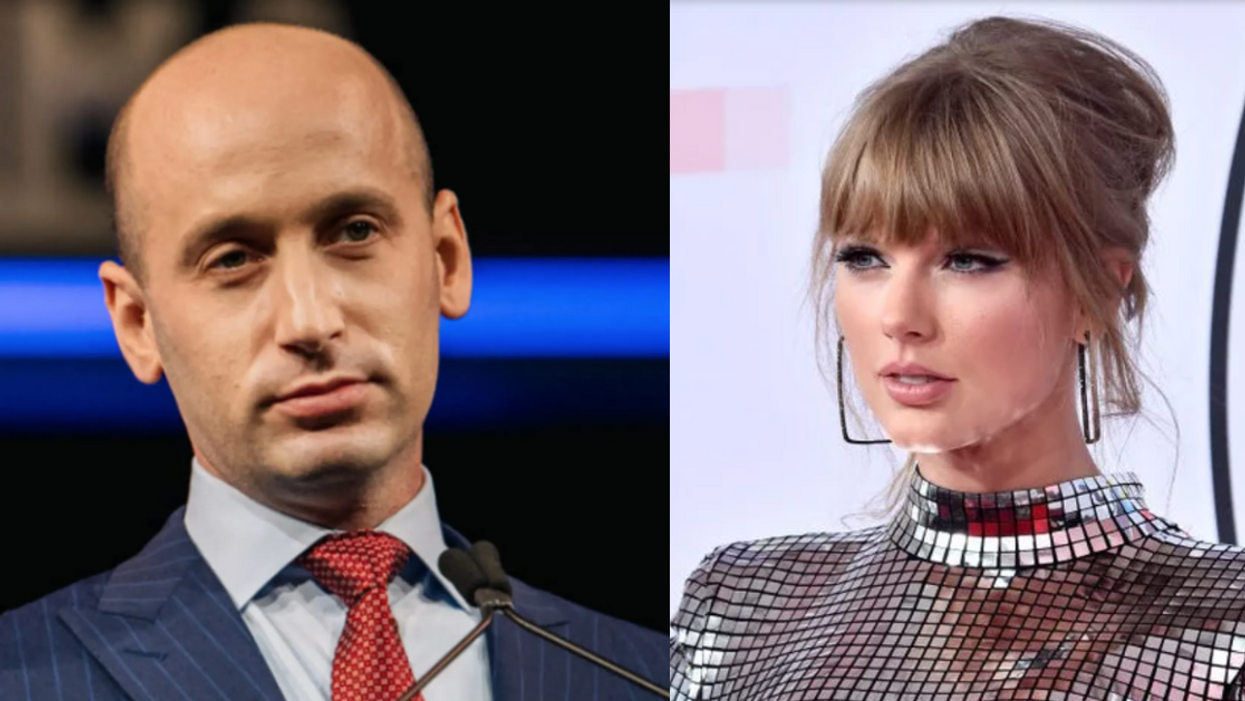





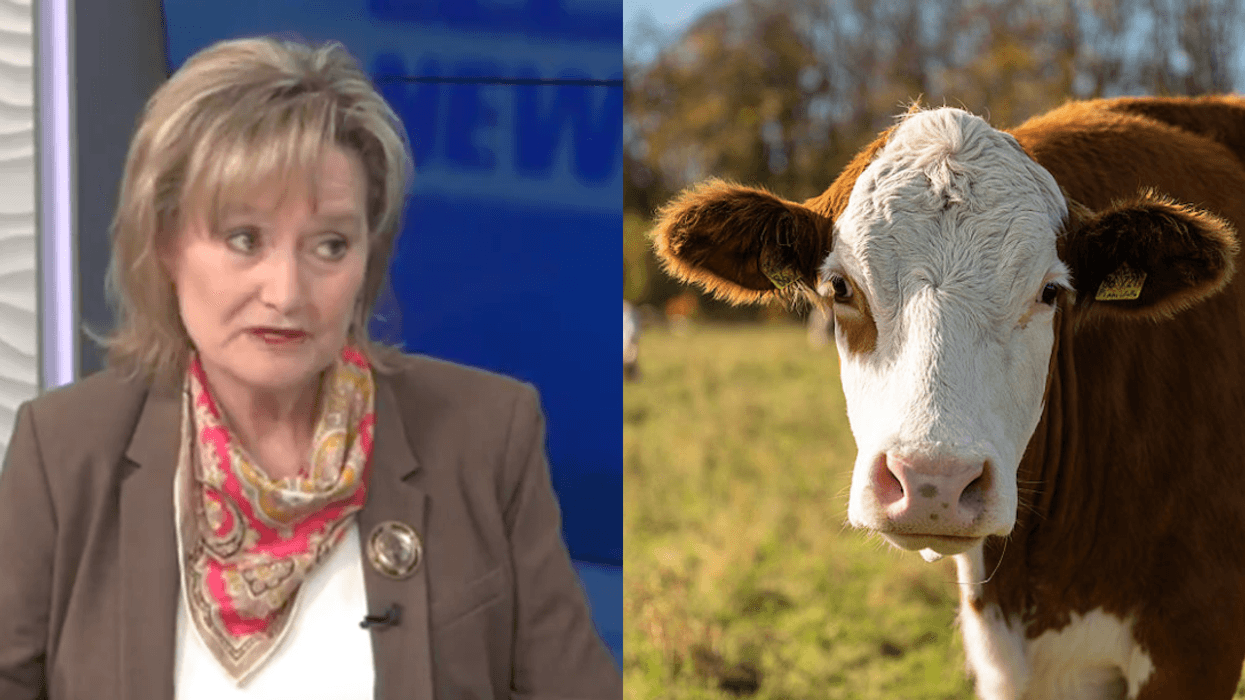






 @ritawilson/Instagram
@ritawilson/Instagram @bettyjo46/Instagram
@bettyjo46/Instagram @dottdott65/Instagram
@dottdott65/Instagram @betseyboop/Instagram
@betseyboop/Instagram @ondinefortune/Instagram
@ondinefortune/Instagram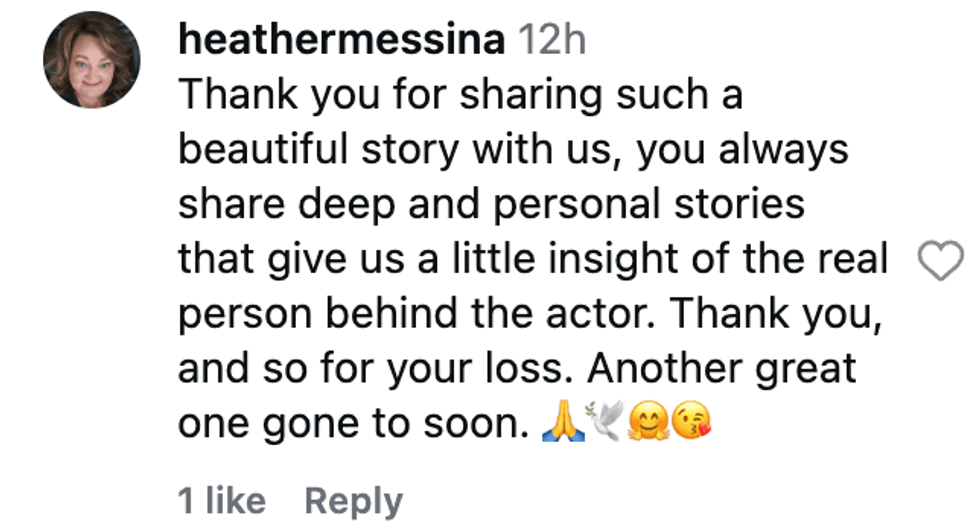 @heathermessina/Instagram
@heathermessina/Instagram @mlejordan/Instagram
@mlejordan/Instagram @icu2qtpie/Instagram
@icu2qtpie/Instagram @ryan.mannino013/Instagram
@ryan.mannino013/Instagram @helen_nk0730/Instagram
@helen_nk0730/Instagram @steph.lynn_26/Instagram
@steph.lynn_26/Instagram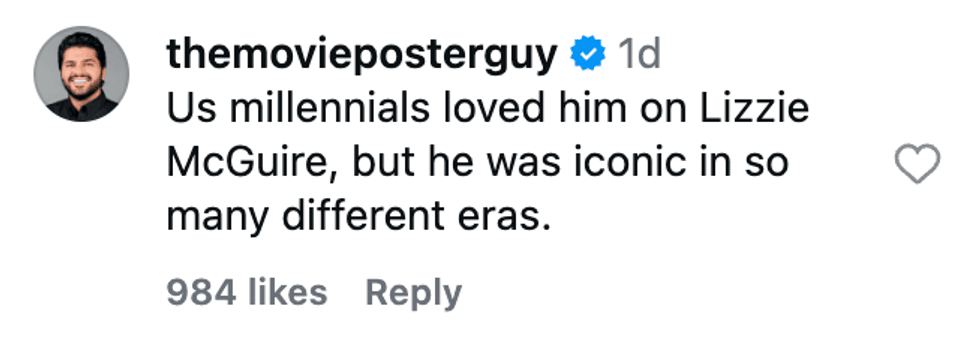 @themovieposterguy/Instagram
@themovieposterguy/Instagram
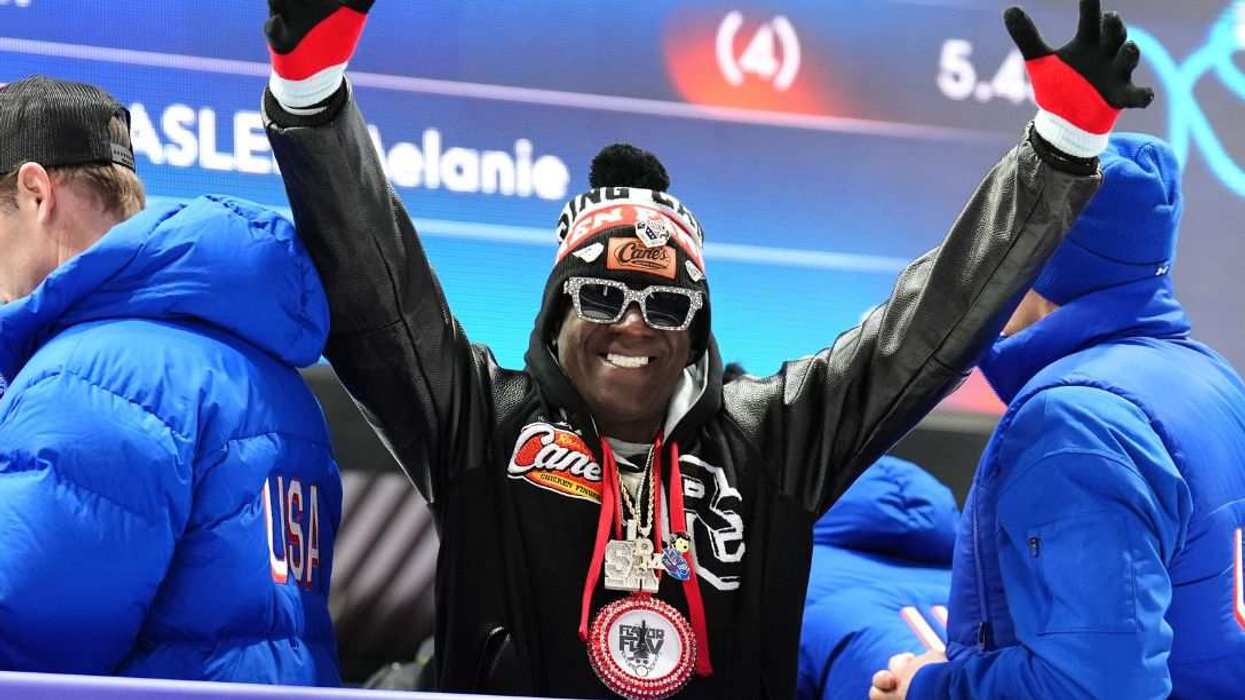
 @lancebass/Instagram
@lancebass/Instagram @aj_mclean/Instagram
@aj_mclean/Instagram @ditavonteese/Instagram
@ditavonteese/Instagram @tmobilearena/Instagram
@tmobilearena/Instagram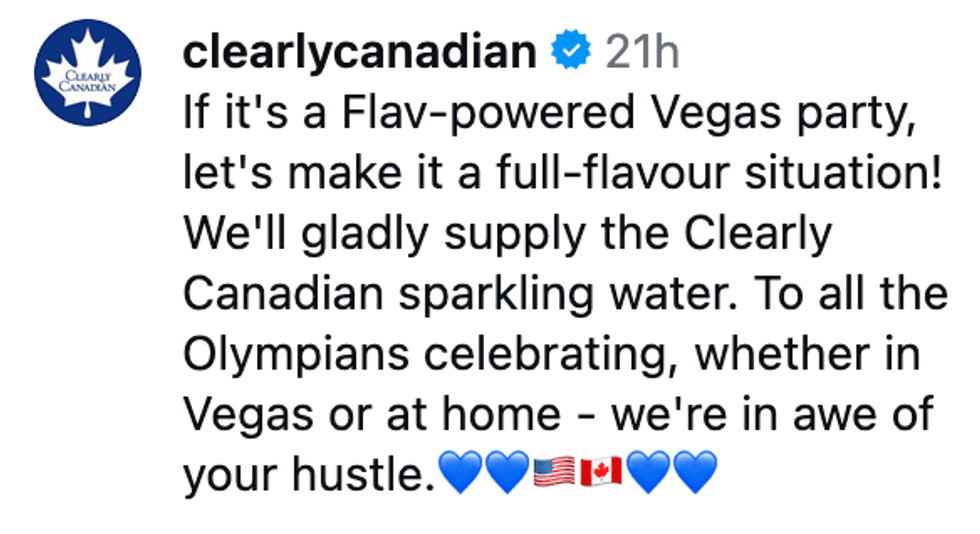 @clearlycanadian/Instagram
@clearlycanadian/Instagram @sprouts/Instagram
@sprouts/Instagram @cityoflasvegas/Instagram
@cityoflasvegas/Instagram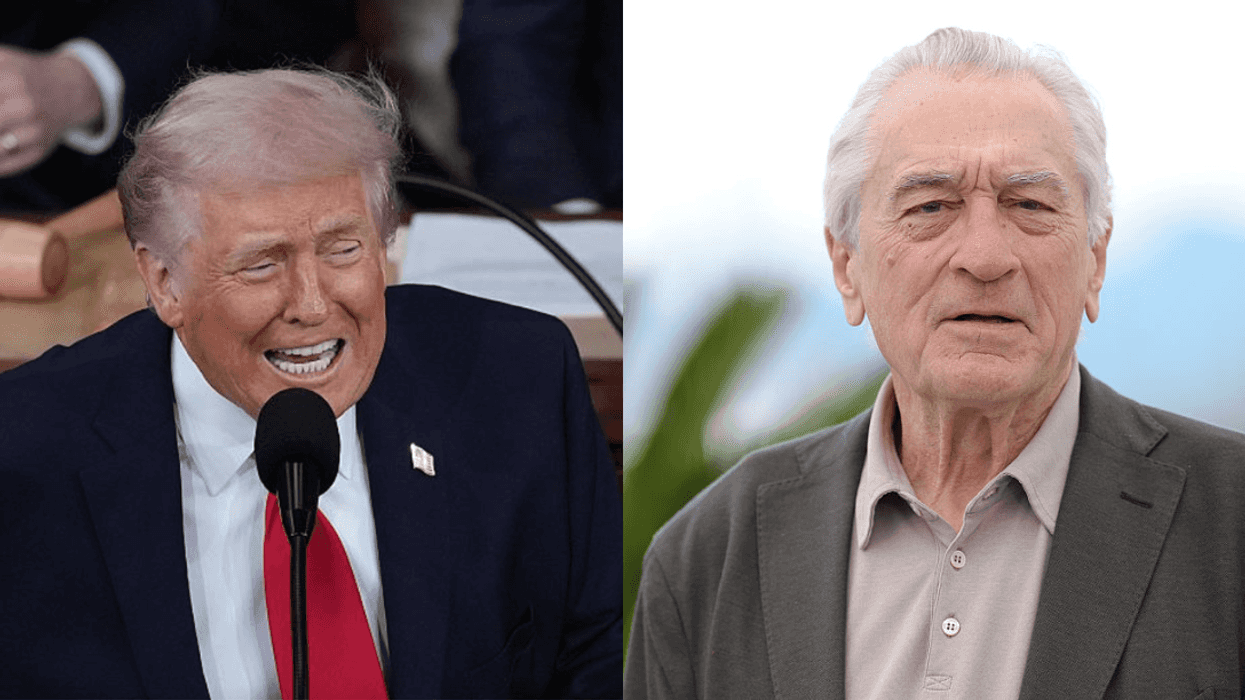
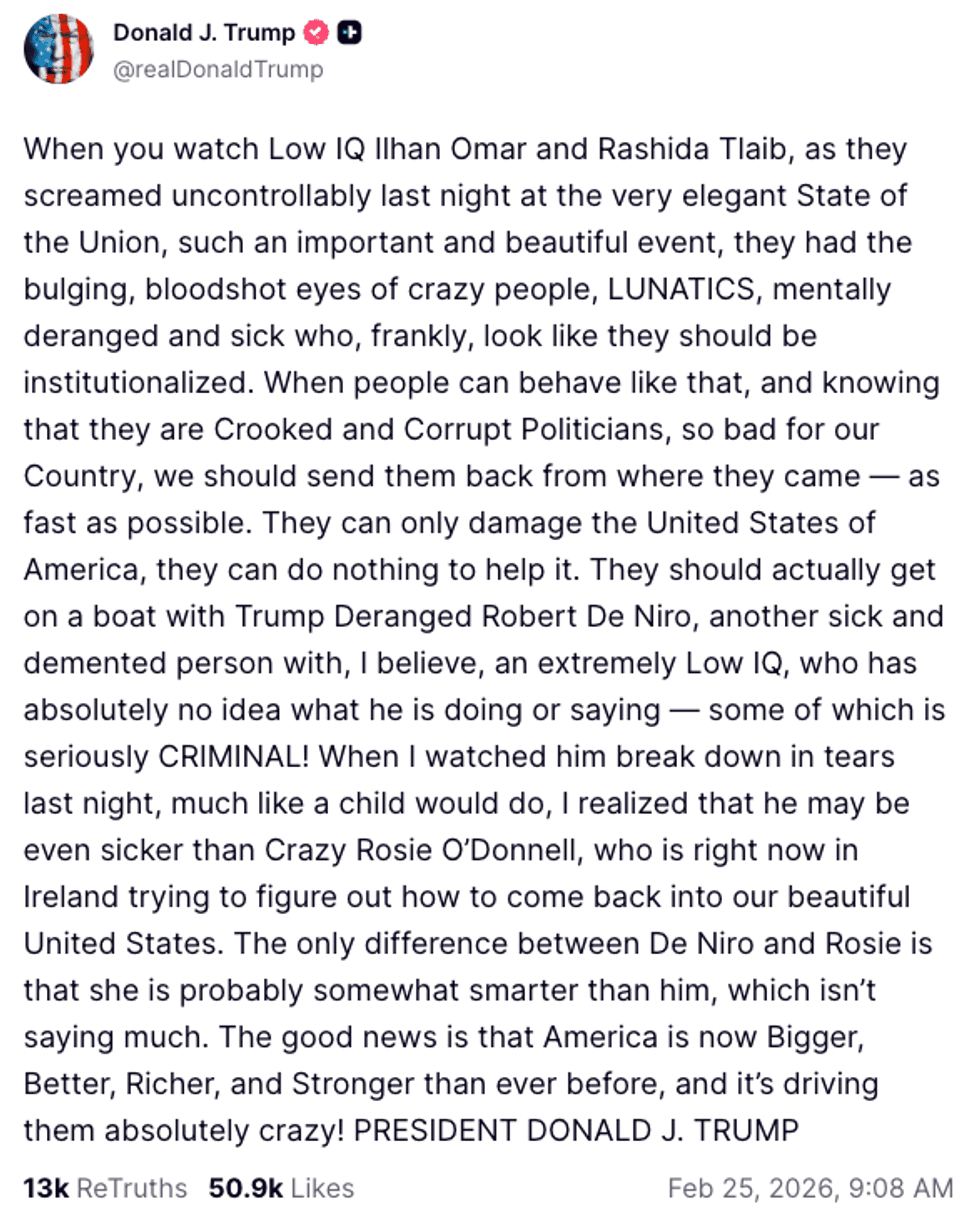 @realDonaldTrump/Truth Social
@realDonaldTrump/Truth Social